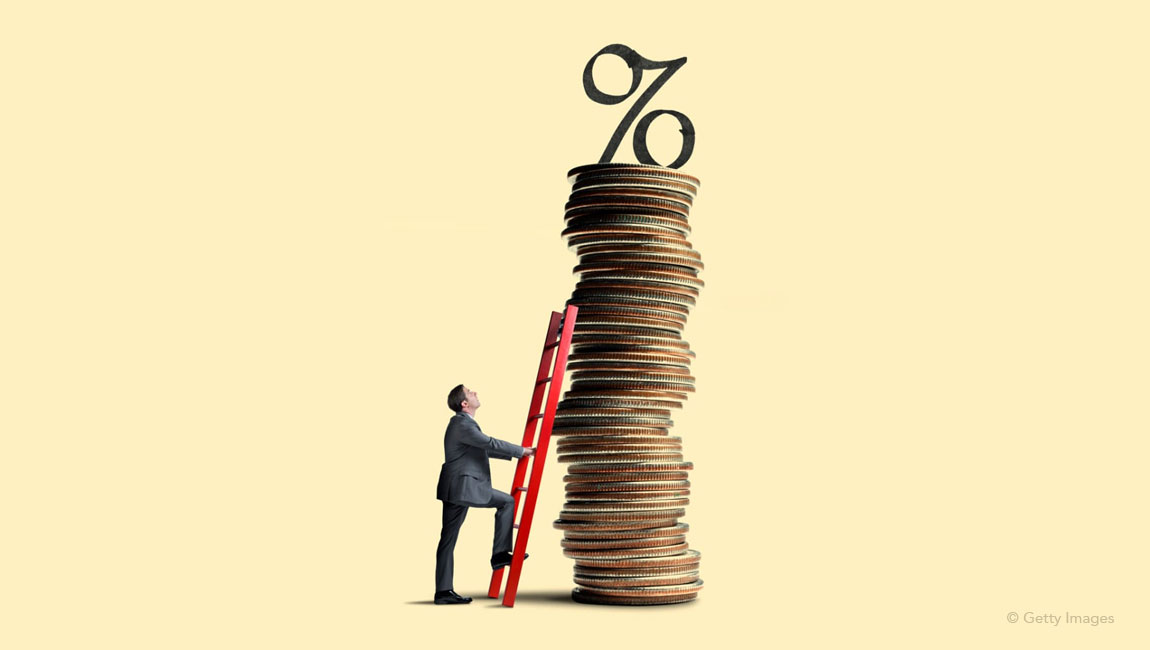Of late, interest rates have been rising across the world. On May 20, 2022, the UK-based Financial Management Centre stated that interest rates were at a 13-year high. Similarly, on the other side of the Atlantic, the Financial Post, Canada, claimed on September 9 that 70% of small business owners expect the latest interest hike to impact their businesses negatively. On November 20, the Wall Street Journal reported that small businesses in the USA are cutting back on borrowings and delaying expansion plans due to rising interest rates. So, small business owners in developed economies are apprehensive about the rising interest rates, and their ripple effects will likely spread across the world in the coming days.
Considering the above, it is time to look at what impact such interest rate hikes can have on small businesses. First and foremost, a rise in interest rates increases the cost of borrowing, making it quite difficult for small businesses to expand their operations or invest in new projects. Furthermore, high-interest rates make new loans unaffordable, and increasing business costs make it difficult for them to repay existing loans. As a result, small businesses may start defaulting on repayment of their loans, leading to grave financial consequences. As interest rates rise, banks and traditional lenders may also increase lending scrutiny and ask for more collateral.
However, with newer and innovative forms of lending in the digital age, things may not deteriorate to the level they used to happen in earlier times. Therefore, small business ventures that have maintained good track records will be able to get loans from a new breed of online lenders that have more relaxed norms and requirements compared to big banks. On the whole, rising interest rates can have multiple impacts on small businesses beyond the increase in repayments on variable-rate loans, though that is a key element. A lack of operating cash can pinch profit margins, and some organizations may be forced to downsize, cut back on their operations or close down altogether.
One of the worst effects of downsizing during these challenging times is the loss of experienced workers. One way to battle this would be to reduce expenses but maintain salaries and normal wage growth, enabling you to retain your veteran employees. A small business should also not stop its marketing activities altogether. It should also focus on nursing existing relations and customers to weather economic downturns. High-interest rates also reduce consumer spending as the latter also face similar issues with credit card debts becoming much more expensive. In such a situation, prospects for growth and expansion may come to a standstill, affecting smaller businesses drastically.
Consequently, even when the economy picks up momentum and starts doing well, SMEs will keep growing at a slower pace. However, a small business owner who has learned to manage capital and human resources wisely can ward off many adverse effects of rising interest rates by taking requisite measures when the economy is still doing well. These include maintaining creditworthiness, turning variable-rate loans into fixed-rate loans, recovering all the accounts receivables and reinvesting, finding competitive borrowing rates, negotiating credit card processing rates, and managing working capital efficiently and effectively.




